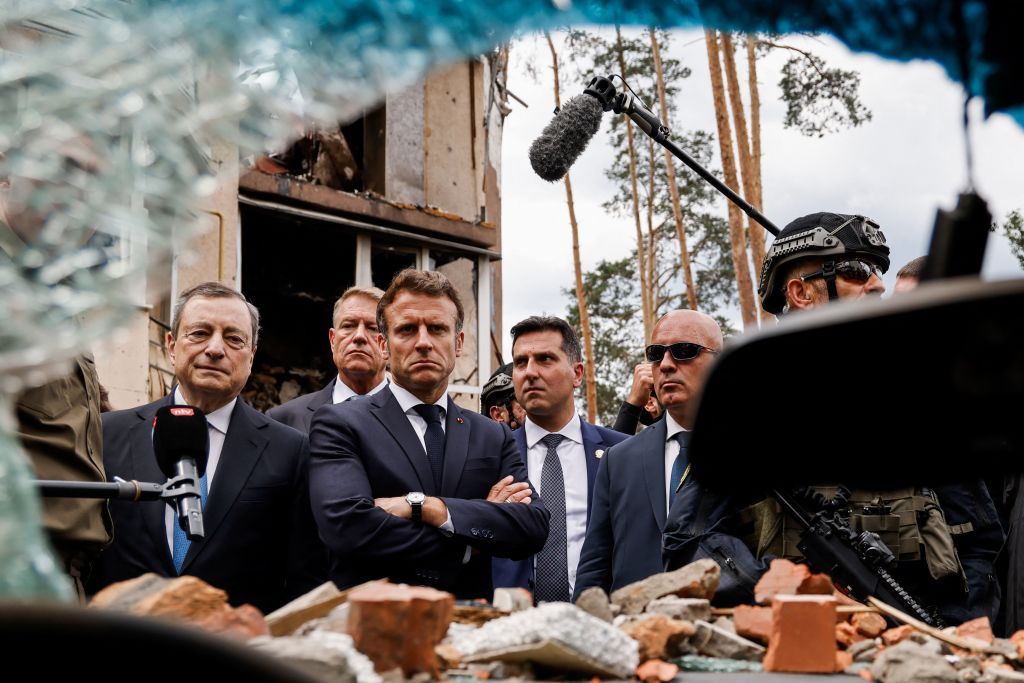Warsaw, Berlin agree to boost defense cooperation, coordination on Ukraine aid.
Support independent journalism in Ukraine. Join us in this fight.
Become a member Support us just onceGermany and Poland have reaffirmed their security cooperation in a joint action plan, Reuters reported on July 2. German Chancellor Olaf Scholz arrived in Poland on July 2 to meet Polish Prime Minister Donald Tusk. For the first time since 2018, Berlin and Warsaw participated in intergovernmental consultations between the cabinets.
The parties agreed to discuss boosting defense cooperation, including a stronger NATO presence on the alliance's eastern border and the coordination of Ukraine aid, according to the plan Reuters saw after the intergovernmental talks. "We will endeavor to ensure transatlantic political unity and an optimal military presence of the North American allies in Europe, including the eastern flank," the text said, according to Reuters. The plan also included additional assistance to Ukraine, like maintaining Leopard 2 tanks, Reuters said, citing the obtained document.
However, Berlin and Warsaw had different views on the EU's financing of defense projects. Tusk has advocated that the bloc should be involved in common financing of such initiatives, but Scholz has disagreed with the idea of EU's involvement in financing arms purchases or national defense budgets. Tusk said he would continue to stress the importance of coordinating defense purchases within the bloc.
"Poland spends huge amounts of money on armaments," Tusk said. "I would like our efforts to be well coordinated with the efforts of other countries." Warsaw also reiterated its willingness to join the European Sky Shield initiative, which currently involves 21 countries. The initiative aims to create an Iron Dome-style air defense system covering several European NATO member states.
Tusk said that Warsaw and Berlin would work together despite "differences in how defense projects should be financed." In late May, Tusk announced that the Polish government signed a contract with the European Investment Bank (EIB) worth 300 million euros (around £326 million) to construct its part of the pan-European air defense.
Opinion: The EU needs to shift focus as war returns to Europe Now that voters across the European Union's 27 member states have elected the 720 members of the next European Parliament, the focus shifts to manning the institutions that will guide the bloc's work and set its strategic priorities over the next five years.
This process will take some
